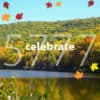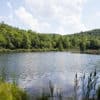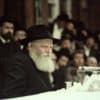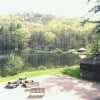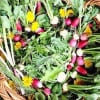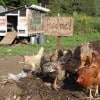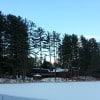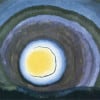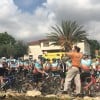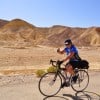“Shanah,” the Hebrew word for year, has two opposite meanings: change, and repeat. On one hand, we know the coming year will hold the same calendar, the same holiday cycle, and what seems like the same life situations as the year before. On the other hand, life is always in flux. Life is unpredictable. And the potential for change is always present. If the Jewish new year was only about acknowledging external change, or celebrating the renewed cycle, it might have been called “shanah chadashah,” new year. Instead we call it Rosh Hashanah: head of the year, head of the change; a time when we dig into our heads, focusing on internal work, repairing relationships, fixing the past, improving ourselves… teshuvah. So it is within this framework that I’d like to place our work at Hazon, and specifically the hard work of change. To truly create a healthier and more sustainable world, we need the support and initiative of world governments. And that kind of advocacy is indeed part of our work. Yet the macro changes cannot happen without a sea change of individuals aspiring towards the transformation demanded by teshuvah – to treat each other better, to treat the […]
